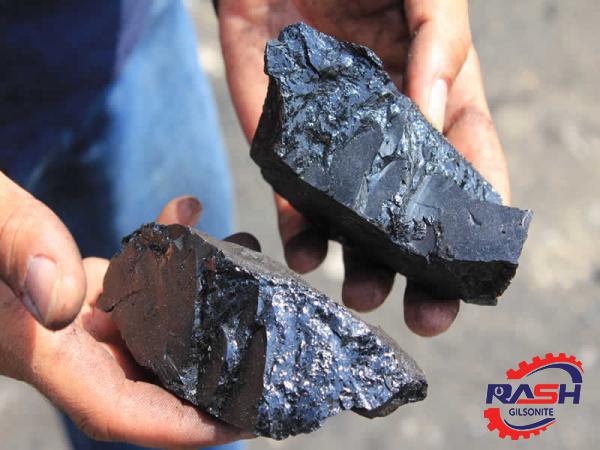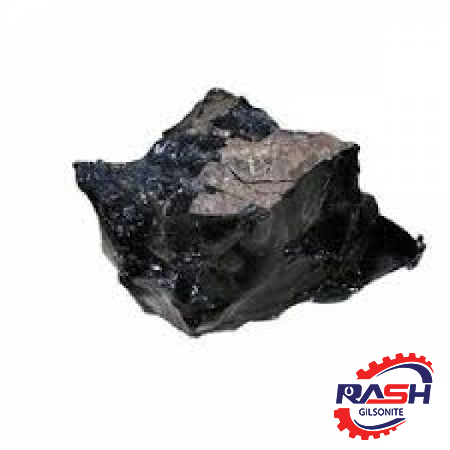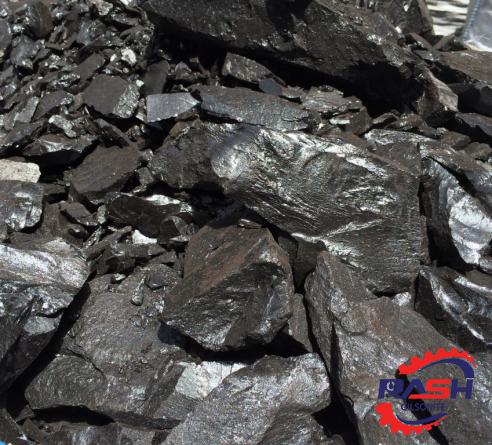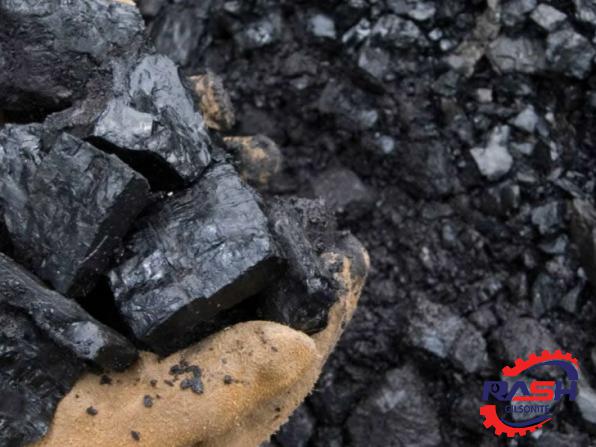By covering the desired area, membrane increase the life of the building and also prevent high costs from entering the building structure. The main ingredient of membrane is oil extract or bitumen. This is why we call it an extract because it has a higher density depending on the different components in the oil and can be used if the oil settles. The use of gilsonite in membrane improves its performance. Therefore, gilsonite in membrane selling improving the performance of insulation and prevent additional costs due to moisture.
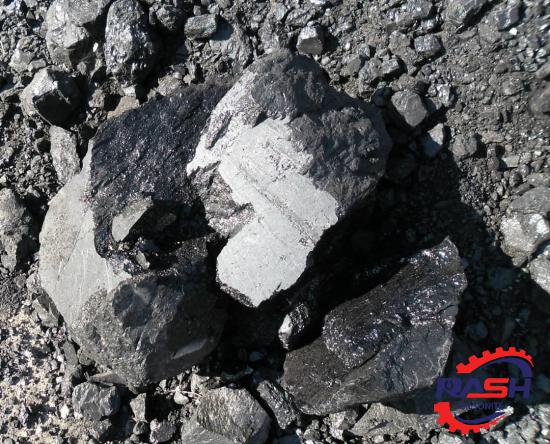
Why Gilsonite Is Used in Membrane?
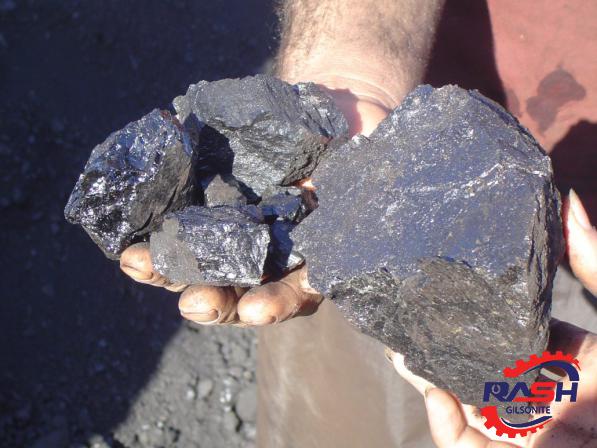 Bitumen is usually obtained by distilling crude oil. Such bitumen is called petroleum bitumen or distilled bitumen. Petroleum bitumen is the product of two stages of crude oil distillation in the distillation tower. However, some types of bitumen are obtained in nature due to the gradual conversion of crude oil and the evaporation of its volatiles over many years. Such bitumen is called natural bitumen and it is more durable than oil bitumen.
Bitumen is usually obtained by distilling crude oil. Such bitumen is called petroleum bitumen or distilled bitumen. Petroleum bitumen is the product of two stages of crude oil distillation in the distillation tower. However, some types of bitumen are obtained in nature due to the gradual conversion of crude oil and the evaporation of its volatiles over many years. Such bitumen is called natural bitumen and it is more durable than oil bitumen.
This natural bitumen has many uses such as mixing with asphalt, mixing with bitumen, printing ink, paint and coating, Membrane, casting, steel additives, drilling, etc. Due to the fact that this type of bitumen has long been used as a waterproof layer in construction, today it is also used as a bitumen-based adhesives in the manufacture of Membrane.
How to make different types of bitmen membrane is different. The method of making membrane is that all ingredients are mixed and heated in a special device that this heat is so high that it can be said that it is cooked and as a result of this process, a substance called polymer liquid in the production line of membrane, by performing other processes, converts to bitumen membrane sheet.
The characteristics and advantages of refinery bitumen mixed with Gilsonite are as follows:
- Reducing the possibility of creating grooves in insulation
- Reducing the thermal sensitivity of bitumen
- It also reduces contracting operations and is very economical.
Waterproofing Characteristics of Gilsonite in Membrane
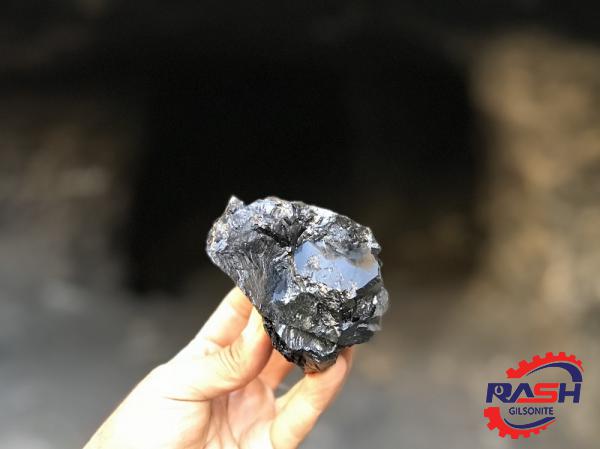 Types of waterproofing according to national standards are divided into two groups, which are:
Types of waterproofing according to national standards are divided into two groups, which are:
- membrane for tunnels, bodies and external surfaces (roof insulation)
- membrane used in the foundation of buildings and structures (special insulation for foundations)
Bituminous membranes, which are used as thin layers in constructions in various shapes, compositions and applications, have viscous and waterproof materials in their composition, which create a water-resistant layer. The main application of this type of membrane is to cover the roof of buildings to prevent moisture from penetrating from the roof to other components of the building.
If some gilsonite powder is added to these membranes at the time of production, the shear strength of the membrane increases because the gilsonite particles are placed between other membrane compounds such as fillers. Adhesive gilsonite provides better insulation for surfaces. After correction with gilsonite, the final bitumen significantly reduces its degree of penetration and also significantly increases its viscosity and increases its softening point. Gilsonite modifier provides a high resistance that facilitates the implementation of insulation.
How Much of Selling Gilsonite Is Used for Membrane?
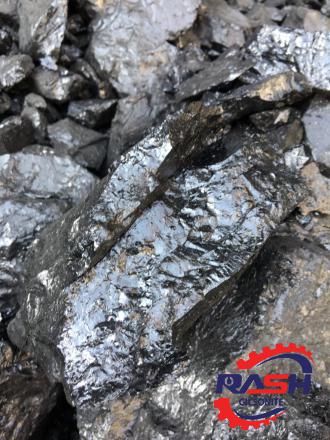 The amount of gilsonite added to the refinery bitumen depends on the initial properties and characteristics of the refinery bitumen, as well as the properties we expect from the product. This is a good feature for adding Gilsonite, which is always between 5 and 18 percent. Dry gilsonite should be added slowly to the hot bitumen. To produce a batch of membrane from Gilsonite powder mix, the following ingredients are mixed together:
The amount of gilsonite added to the refinery bitumen depends on the initial properties and characteristics of the refinery bitumen, as well as the properties we expect from the product. This is a good feature for adding Gilsonite, which is always between 5 and 18 percent. Dry gilsonite should be added slowly to the hot bitumen. To produce a batch of membrane from Gilsonite powder mix, the following ingredients are mixed together:
- Baton vacuum: 37.5% equivalent to 3 tons
- Gilsonite powder: 18.5% equivalent to 1.5 tons
- Talc powder: 37.5% equivalent to 3 tons
- Plastic waste: 6.25% equivalent to 0.5 tons
Since a large part of constructions need insulation and these insulation layers will perform better if combined with gilsonite, so a large part of gilsonite sales, about 18 to 20%, is dedicated to the production of membrane.

